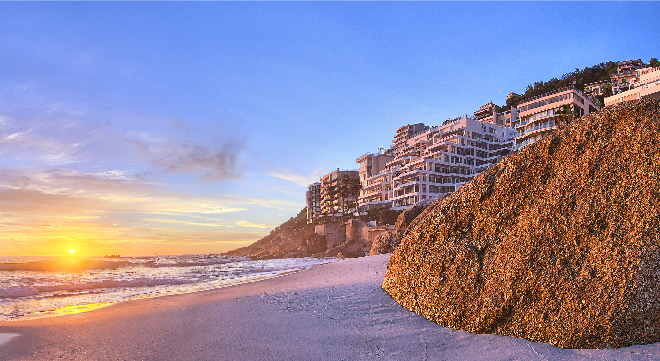Private wealth in South Africa has declined by 25% over the past decade, but the country still has more than twice as many dollar millionaires as any other African country, according to the 2021 Africa Wealth Report by Mauritius-based AfrAsia Bank and wealth intelligence firm New World Wealth.
Mauritius remains the wealthiest country in Africa on a per capita basis, at $31 900 (about R473 822). The 2 040 km2 island, about 2 000km off the east coast of Africa, has about 1.2 million inhabitants. The World Bank classified Mauritius as a high-income country in July last year.
South Africa, with a population of 60 million, is in second place, at $10 310 per person.
South Africa remains the wealthiest country in Africa. It – along with Egypt, Nigeria, Morocco and Kenya – accounts for more than 50% of Africa’s total wealth.
“Total wealth” refers to the private wealth held by all the individuals living in each country. It includes all their assets (property, cash, equities and business interests) less any liabilities, and excludes government funds.

According to the report, the reasons for the decline in private wealth in South Africa over the past decade are:
- The significant depreciation in the value of rand, from about R6.80 to the dollar in 2010 to R14.70 at the end of December 2020.
- The closure of a large number of businesses, particularly SMEs.
- Poor returns from the JSE All Share Index (down by 12% over the past decade in dollar terms).
- The ongoing migration of wealthy people. The report estimates that about 4 200 high-net-worth individuals (HNWIs) have left South Africa over the past decade.
- A sluggish prime residential market. In particular, homes valued at more than R10 million have become very difficult to sell.
However, Johannesburg and Cape Town remain the wealthiest cities in Africa.

The report says total private wealth held in Africa is expected to rise by 30% over the next 10 years, reaching $2.6 trillion by 2030. This will be driven by strong growth in the billionaire and centi-millionaire segments in particular.
It expects Ethiopia, Mauritius, Rwanda, Kenya and Uganda to be the strongest-performing wealth markets in Africa during over the next 10 years, with growth of more than 60%. Solid growth is also forecast in Namibia, Botswana, Mozambique and Zambia (40%+ growth rates).
South Africa, Ghana, Ivory Coast, Egypt, Morocco, Tanzania, Angola and Nigeria should see moderate wealth growth – about 20% – over the forecast period.
According to the report, wealth is a far better measure of the financial health of an economy than gross domestic product (GDP). The reasons for this include:
- In many developing countries, a large portion of GDP flows to the government and therefore has little impact on private wealth creation.
- GDP counts items multiple times (for instance, if someone is paid $100 for a product/service and they then pay someone else that $100 for another product/service, that adds $200 to a country’s GDP, even though only $100 has been produced at the start).
- GDP ignores the efficiency of the local banking sector and stock market at retaining wealth in a country.
- GDP largely ignores the impact of property and stock market moves. The average HNWI has the bulk of their wealth tied up in residential property and equities, so large movements in these two segments heavily impact on the total private wealth held in a country.
- GDP is a static measure – it tends to move only slightly year on year.
The World Bank estimates that South Africa’s economy contracted by 7% in 2020, as the pandemic weighed heavily on both external demand and domestic activity as the government implemented containment measures. The country has one of the highest, persistent inequality rates in the world, with a consumption expenditure Gini coefficient of 0.63 in 2015.



